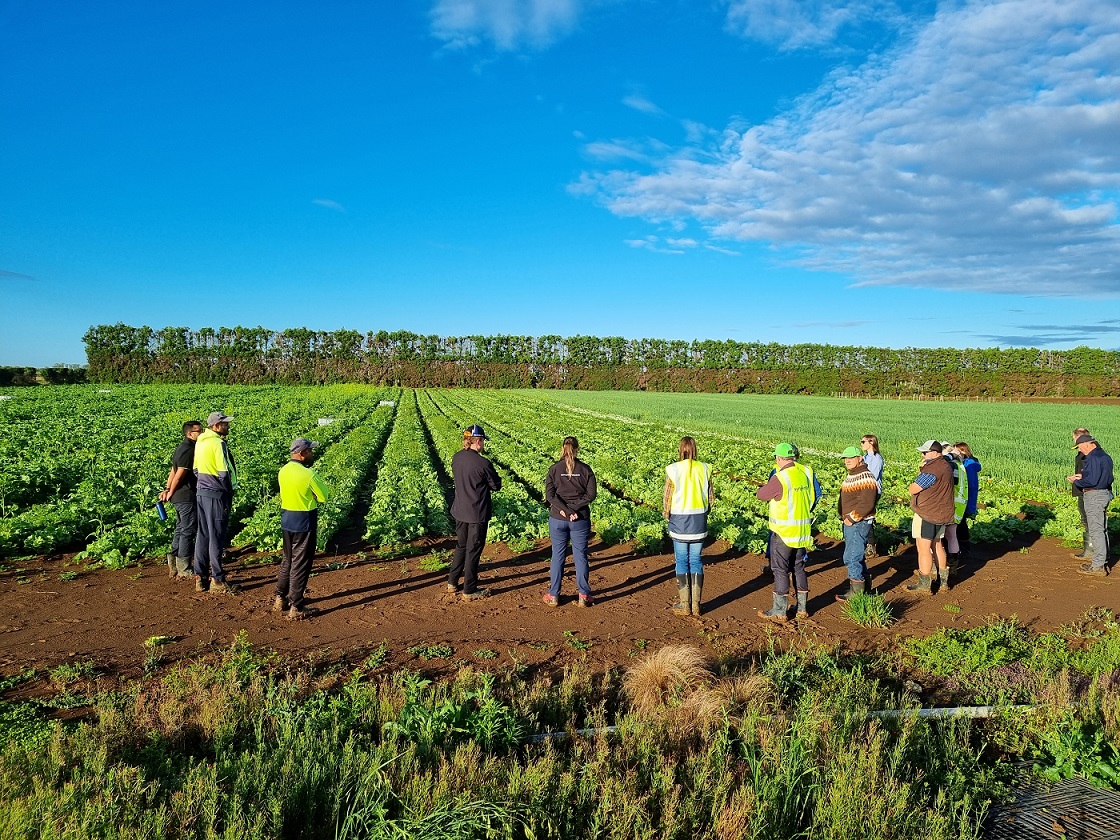Numerous barriers prevent advisors recommending biological and ecological pest management practices to growers, a survey undertaken by A Lighter Touch (ALT) has found.
The survey, which opened in March and closes this month, is part of the ALT biologicals awareness and integration project, which is focused on increasing knowledge and understanding about the use of biological products and how to successfully integrate them into a crop protection programme. Extension specialists Scarlatti are working with ALT on this project.
The survey has attracted 51 responses, representing advisors of all ALT sector partners as well as four other crop sectors that are not part of the programme. While the response size is not large enough to draw hard conclusions from, it did define some clear areas for further discussion.
The initial survey findings show that while advisors expressed confidence in their knowledge of biological and ecological pest management, when asked they listed numerous barriers to actually recommending these practices.
The barriers identified by advisors ranged from lack of available products and concerns about efficacy to a lack of willingness from growers to change, and the complexity of integrating biologicals into crop protection programmes.

Increasing knowledge and understanding about the use of biological products and how to successfully integrate them into a crop protection programme is an important factor in increasing adoption of biologicals.
It is issues like these the biologicals awareness and extension project is designed to address, and these barriers are among a number of themes which will be explored more deeply in focus group discussions with agronomists, advisors, and others who extend knowledge to growers.
While extension capability and capacity has been identified as a well-recognised gap across many sectors, advisors who completed the survey generally reported adequate capacity as individuals, with most feeling they had sufficient time and resources to do their jobs. Capability, however, emerged as an area needing deeper exploration.
Core extension concepts like adult learning principles and behavior change models were something many of those who responded had limited familiarity with. This highlights that while advisors have strong technical knowledge, there is scope for upskilling in the actual practice of effective extension and knowledge transfer itself.
The survey also found professional development participation was low. The primary reason was not lack of interest, but rather a lack of awareness about available opportunities. When asked what training would be valuable, advisors pointed to practical skills like facilitation techniques, understanding behavior change, and leveraging digital tools.
Responses also indicated an organisational divide, with advisors working solo or in very small teams reporting significantly different capability challenges compared to their counterparts in larger organisations.
The survey findings and the focus group discussions will feed into developing a framework for successful biologicals integration that can be adapted across different product groups.
The survey and focus group findings will also contribute to a capability development programme for extension within ALT product group partners. The purpose of this work is to identify where sectors need support in extending knowledge to growers, and to consider what can be done to fill those gaps.
